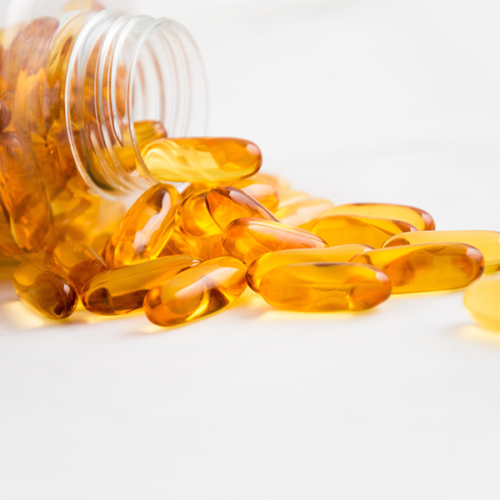
An international cross-sectional study recently published in the British Medical Journal found that infant diet products communicated from 1 to 4 health and nutrition claims. The authors pointed out that 2/3 of the products with at least one claim did not provide any reference. When registered clinical studies were referenced, the authors noted a high risk of bias.

Starting from 2023, some food law aspects previously managed by the DGCCRF are transferred to the DGAL. What are the practical consequences for food supplements?

The cannabidiol, CBD, an active substance most often of natural origin, is one of the phyto-cannabinoids. CBD, as the tétrahydrocannabinol (THC ), is present in the cannabis flowers and leaves. It is a non-addictive psychotropic drug, unlike THC. It is also a component in the form of an extract, medicine, or everyday consumer products, only some of which are authorised in France under specific conditions of THC content. In addition, CBD is considered at European level as a novel food whose safety is currently being assessed by EFSA.

The law on the fight against waste and the circular economy (AGEC) of 2020 lays down provisions which will be phased in over time. We discuss the ones that will have an impact on the agri-food sector in 2023.

Following an exploration of potential regulatory pathways for cannabidiol (CBD) products by an internal Food and Drug Administration (FDA) working group, the FDA concluded on January 26, 2023, that a new regulatory pathway for CBD is needed to provide the regulatory oversight necessary to manage risk. The Agency is prepared to work with Congress on this issue.

The publication of a statutory instrument finally allows certain edible insects to be legally placed on the British market.

Under a new Regulation, lesser mealworm larvae enter the list of authorized novel foods.

Background: in the Guidance on the implementation of Regulation N° 1924/2006 on nutrition and health claims: conclusions of the standing Committee on the food chain and animal health published in 2007, the probiotic term is considered as a health claim because it refers to the implied description or indication of a functionality on health.

The proposed rule would update the definition for the implied nutrient content claim ‘healthy’ to better account for how all the nutrients in various food groups contribute and may work synergistically to create healthy dietary patterns and improve health. Under the proposed definition for the updated “healthy” claim, which is based on current nutrition science, more foods that are part of a healthy dietary pattern and recommended by the Dietary Guidelines would be eligible to use the claim on their labeling, including nuts and seeds, higher fat fish (such as salmon), certain oils and water.

The Council of State validated the request of an association against a decree which was to prohibit on October 1st names such as “steak” or “bacon” for products based on vegetable proteins.